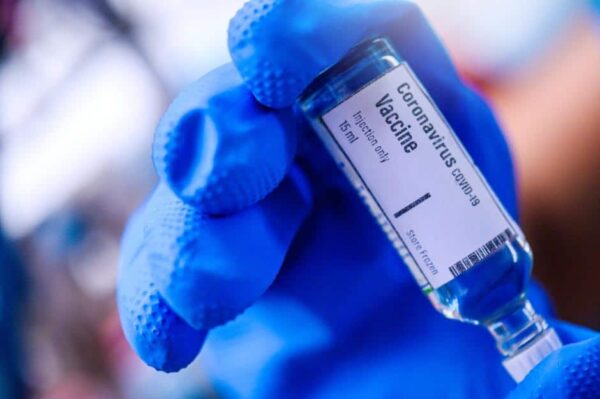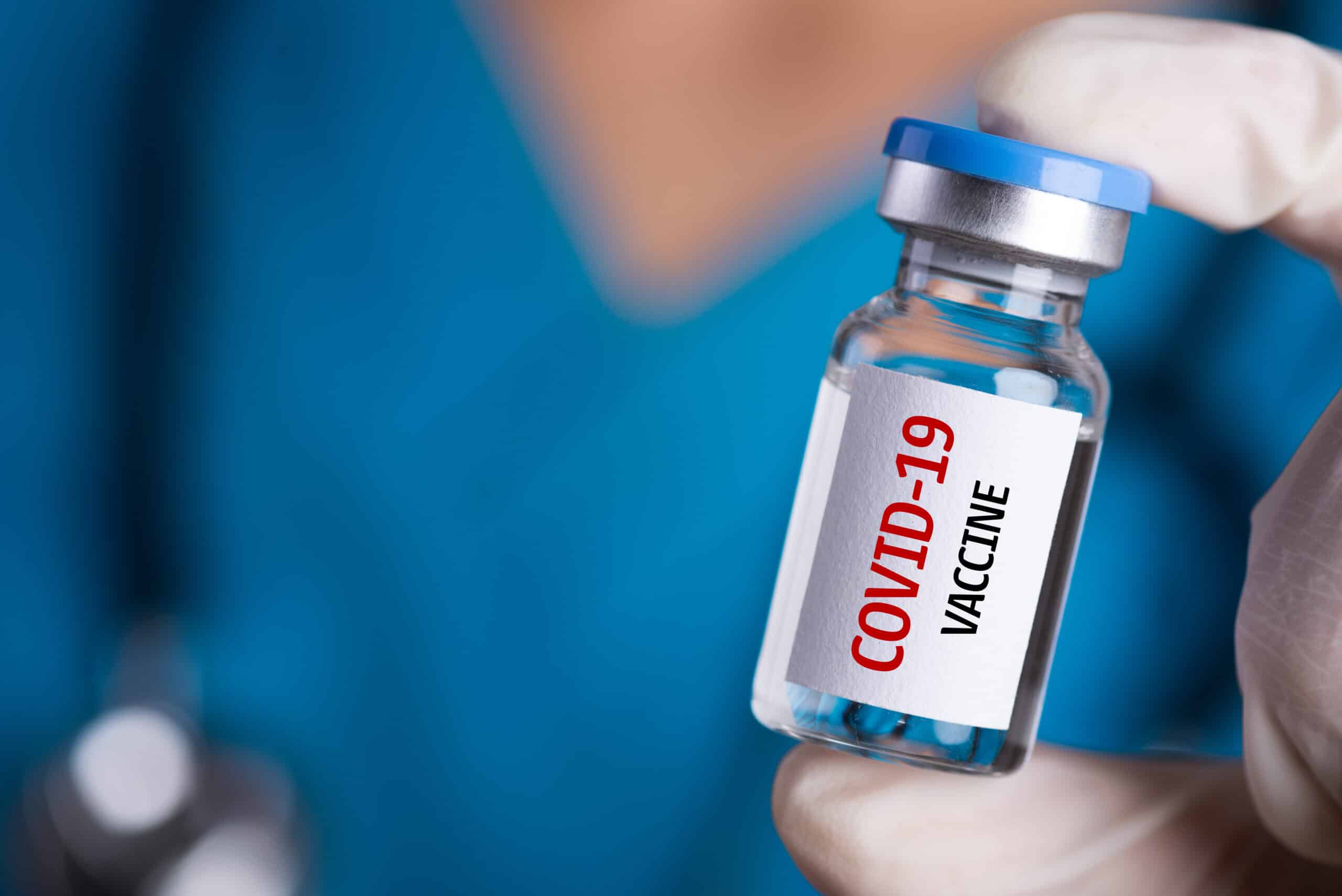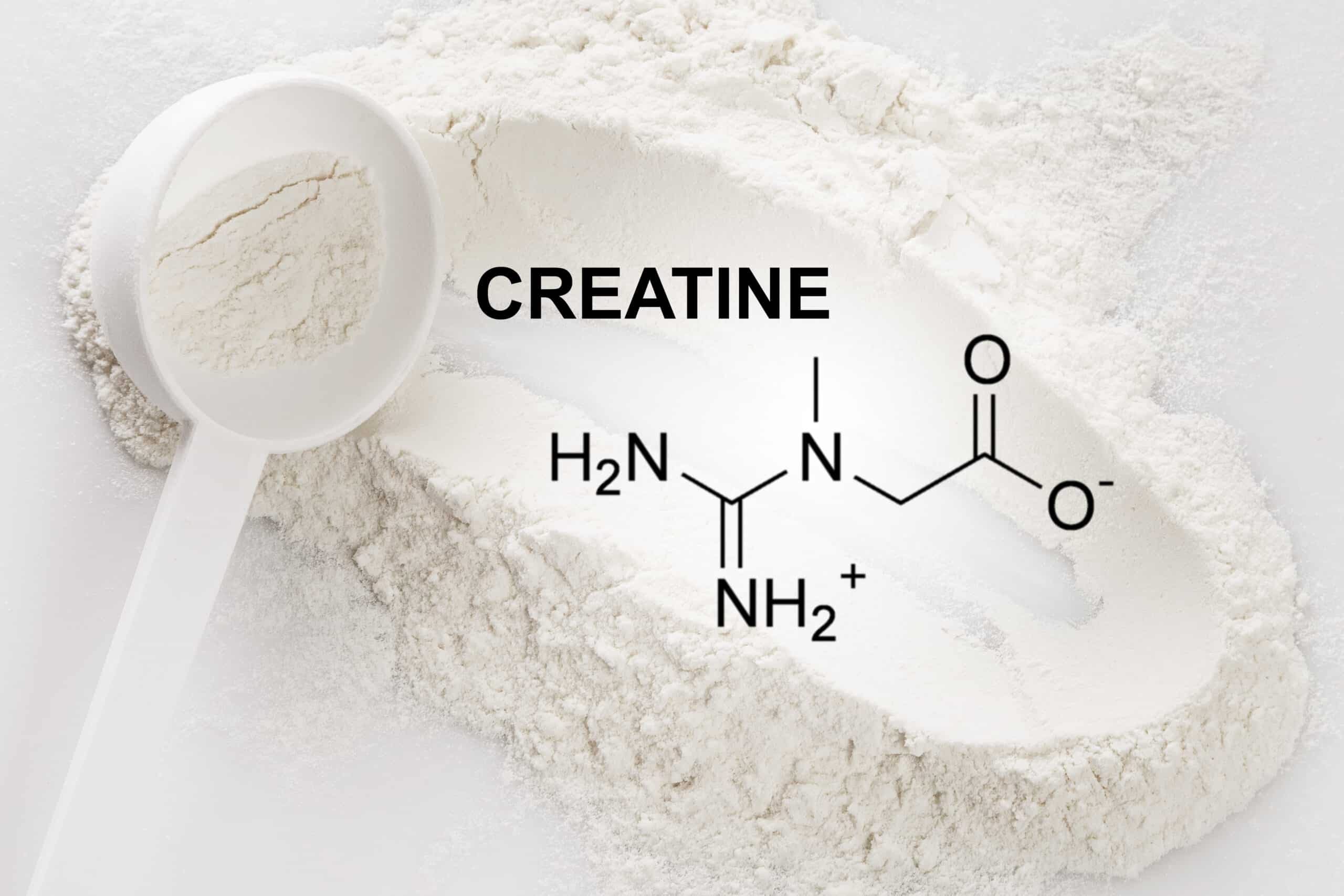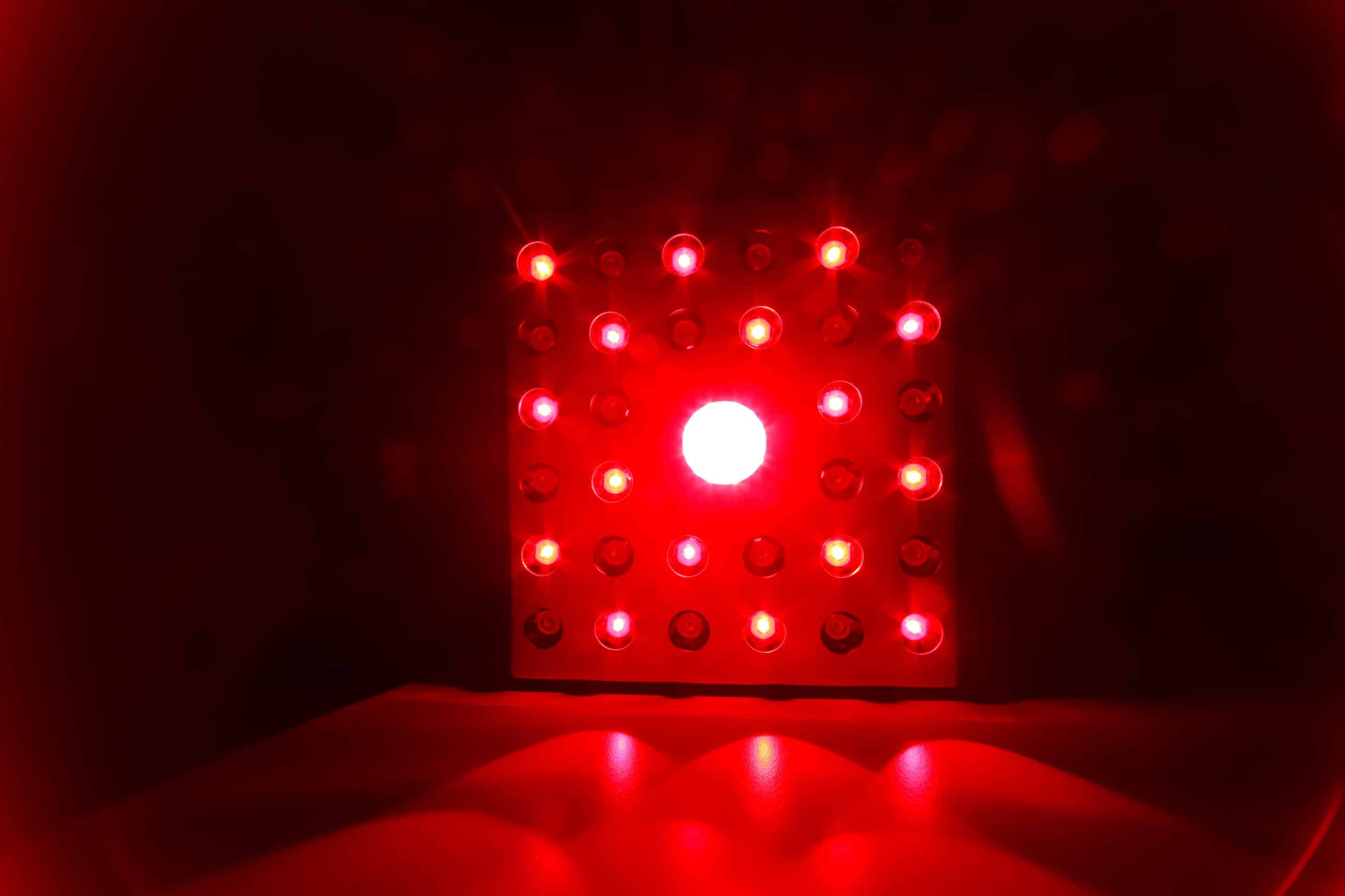As of today, the FDA has approved three updated COVID vaccines for the 2024-2025 season. Two of these are the mRNA vaccines by Pfizer-BioNTech and Moderna, which target the KP.2 variant, and are available at most retail pharmacies. The third is the Novavax vaccine and is more like a “traditional” vaccine that uses a different technology than mRNA and targets an earlier strain (JN.1). Novavax just got FDA approval a few days ago, on August 30, 2024.
While both target strains have already been overtaken by newer variants like KP.3, KP.3.1.1, and LB.1, they are all still part of the Omicron group. Studies show that the vaccines protect against severe disease even when not perfectly matched to the newest subvariant. All that said, the risk of severe disease and death has certainly reduced greatly over time, though this risk is not zero, especially for individuals over 65 or immunocompromised.
Some patients have asked about whether the vaccine helps to protect against long COVID. An observational study showed that getting vaccinated before infection reduced the risk of long COVID by 50-70%. However, it should be noted that observational studies do have some limitations. The study often cited provides a snapshot across only the first two years of the pandemic (March 2020 – January 2022) and focuses primarily on male U.S. veterans. Second, studies such as this can miss confounding variables and potentially misclassify infection status by relying on electronic health records. The short answer is that the vaccine does reduce the risk of long COVID, but more updated data is needed.
Ultimately, anyone who wants to get the vaccine should get it. All vaccines can have side effects and the important thing is to weigh the benefits of vaccination against the risk of side effects—and to do so from an individual level. If you want to optimize timing of the vaccine, you may want to wait about 4-6 weeks before higher risk exposures like travel and the holidays. The sweet spot lands around October for many people. However, if you are traveling sooner or you are at higher risk due to being of older age or immunosuppressed, not delaying the vaccine may be best, especially if it has been more than 6-12 months since your last dose or infection.
If you had a COVID-19 infection over the summer, the risk of getting COVID-19 is significantly lower in the few months following infection. Some studies also show that waiting a few months after infection before getting vaccinated may even boost vaccine efficacy. We say to wait at least three months before getting the vaccine after infection.
At Peninsula Doctor, we have ordered a limited stock of the updated 2024-2025 Pfizer-BioNTech COVID vaccine to reduce waste due to declining demand. We expect to see the arrival of vaccines the week of September 9th. If you are interested in getting the vaccine this season with us, please email us. The updated vaccine is also available at many large retail pharmacies.
We hope the information here helps you make the best informed decision this season and wishing you continued good health.
Dr.Judy Kim, Dr.Kroes & Dr.Hiroshima



